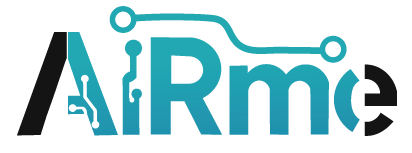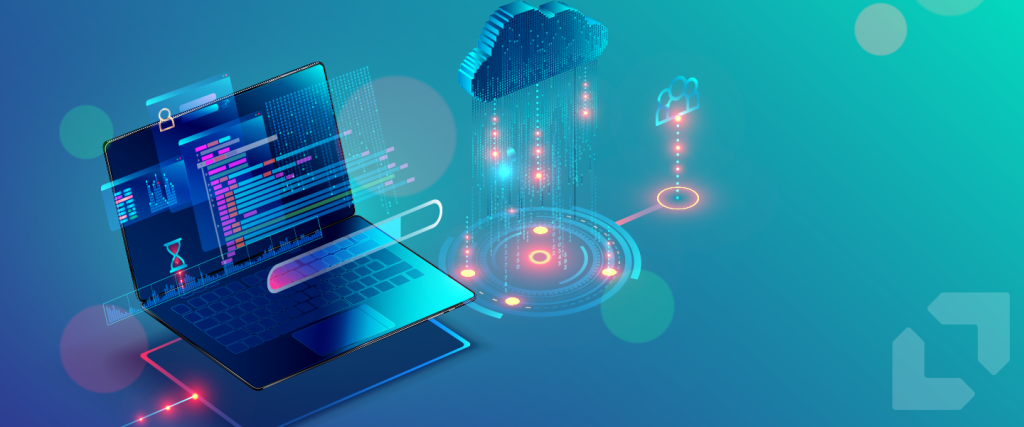
Introduction: The Rise of Artificial General Intelligence (AGI)
Artificial General Intelligence (AGI) is often regarded as the next frontier in artificial intelligence. Unlike narrow AI, which is specialized for a particular task (like playing chess or recognizing faces), AGI has the potential to perform any intellectual task that a human can do. It’s the type of AI that can understand, learn, adapt, and apply intelligence across a broad range of tasks, similar to human capabilities.
Sam Altman, the CEO of OpenAI, is at the forefront of the AGI revolution, providing predictions and insights into how AGI could shape our future. His vision is both optimistic and cautious, acknowledging the transformative potential of AGI while also sounding alarms about its risks. This article will delve into Altman’s predictions about AGI, personal AI teams, the economic disruptions it may cause, and the ethical and governance frameworks needed to navigate this new world.
What is AGI, and Why is It Important?
AGI represents a paradigm shift in technology. Whereas current AI systems excel in narrow tasks, AGI could revolutionize almost every aspect of human life. AGI can learn on its own, adapt to new environments, understand abstract concepts, and integrate knowledge from different domains to solve complex problems.
Sam Altman has been vocal about the transformative potential of AGI. He believes that once AGI reaches maturity, it could solve some of humanity’s biggest challenges, including climate change, poverty, and disease. But the journey to AGI is fraught with uncertainties and risks. While the potential is vast, the road to achieving AGI is not straightforward, and the societal implications are still unclear.
Personal AI Teams: A Vision for the Future of Work
One of Sam Altman’s most fascinating predictions is the emergence of personal AI teams. These teams would consist of AI agents tailored to individuals, working alongside them to enhance their productivity, creativity, and decision-making.
In Altman’s vision, personal AI teams will not just be assistants like Siri or Alexa but highly sophisticated systems capable of deep problem-solving. These AI agents could assist in everything from managing daily tasks and personal finances to conducting scientific research or developing new technologies. As Altman explains, these AI agents will “join the workforce” by 2025, fundamentally altering how companies operate and collaborate.
This shift could be especially transformative for small businesses, where owners may not have the resources to hire specialized staff. With personal AI teams, they can have access to expertise in areas like marketing, legal advice, data analysis, and more—previously only accessible to large corporations. This democratization of expertise could level the playing field and open up new opportunities for entrepreneurs worldwide.
However, while this vision is exciting, it also raises questions about the distribution of wealth and power. If AI teams become integral to success, the ability to afford and deploy these systems could widen the gap between the rich and the poor. How will society manage this imbalance?
The Economic Impacts of AGI: Opportunity or Disruption?
The Promise of Abundance
Sam Altman is a firm believer in the potential for AGI to usher in an era of abundance. The ability of AGI to automate tasks, streamline processes, and innovate could dramatically reduce the cost of goods and services. Imagine a world where healthcare is more affordable, education is accessible to everyone, and manufacturing is hyper-efficient. AGI could revolutionize entire industries, making products and services not just cheaper but better.
For example, in the healthcare industry, AGI could accelerate drug discovery, improve diagnostics, and enable personalized treatments. In manufacturing, AGI could optimize supply chains, predict maintenance needs, and even design new products. The impact of these innovations would be felt across the global economy, leading to increased productivity and a higher standard of living.
The Dark Side: Job Displacement and Economic Inequality
However, Altman is also acutely aware of the economic disruptions AGI could cause. While AGI may drive down costs and increase efficiency, it could also lead to widespread job displacement. As AI becomes capable of performing tasks traditionally done by humans, entire sectors of the workforce could be automated out of existence.
Altman suggests that low-skilled jobs, such as those in retail or customer service, are most vulnerable to automation. Even certain professional roles, such as programming and data analysis, may be at risk as AI becomes more advanced. This raises concerns about the future of work, especially for those who may not have the skills to adapt to the changing job market.
To mitigate the negative impacts, Altman proposes several solutions. One of the most discussed ideas is Universal Basic Income (UBI). UBI would provide individuals with a guaranteed income, regardless of employment status. This would ensure a basic level of financial security as people transition to new roles or retrain for positions that AGI cannot easily replace.
Another potential solution is the creation of sovereign wealth funds, which could be funded by the wealth generated by AGI and used to provide public goods and services. This approach would ensure that the benefits of AGI are distributed more equitably across society, preventing wealth from becoming concentrated in the hands of a few.
The Redistribution of Wealth and Power
The economic power generated by AGI will likely change the way wealth is distributed. Altman acknowledges that the rise of AGI could lead to economic centralization, where only a few companies or individuals control the technology and its benefits. This concentration of wealth could exacerbate existing inequalities, both within and between countries.
To prevent this, Altman advocates for a decentralized approach to AGI development. He envisions a future where AGI is not controlled by any single company or government but instead exists in an open, accessible ecosystem that encourages collaboration and competition. This could prevent monopolies from forming and ensure that AGI benefits everyone.
The Societal Impacts: From Work-Centered to Community-Centered
As AGI takes over more and more tasks, the societal focus may shift from work to more community-oriented and family-centric values. Altman believes that the advent of AGI could lead to a renaissance of human connections. With less pressure to work long hours, people could have more time for personal pursuits, relationships, and community involvement.
This shift could also address some of the challenges posed by declining birth rates in developed countries. As AGI eases the burden of financial and social stress, families may be able to afford having more children, potentially reversing demographic trends. Altman envisions a future where human well-being is the ultimate priority, and technology serves as a means to enhance, rather than replace, human connection.
Moreover, with AGI handling the majority of labor, people may be able to focus on more meaningful, creative, and fulfilling activities. This could include artistic pursuits, scientific exploration, or volunteering for causes that benefit society. In this way, AGI could help unlock human potential by removing the need for monotonous, repetitive tasks.
Ethical Considerations and Governance in the Age of AGI
The development of AGI raises a host of ethical questions. Who controls AGI, and how can we ensure that it aligns with human values? What safeguards can we put in place to prevent AGI from being used for harmful purposes? These are just a few of the critical issues that Sam Altman and other leaders in the AI community are grappling with.
Altman has expressed concern over the potential for AGI to be used by authoritarian regimes for surveillance and control. He advocates for strong governance frameworks that prioritize transparency, accountability, and the protection of democratic values. One potential solution is to ensure that AGI is developed in a way that aligns with ethical guidelines, such as the principle of “do no harm.”
Furthermore, the potential for AGI to outpace human intelligence raises concerns about control. How can we ensure that AGI remains aligned with human interests? Altman suggests that a collaborative approach to AGI development, involving international cooperation and shared governance, will be essential in addressing these challenges.
The Path Forward: Navigating the Future of AGI
As AGI becomes a reality, it is critical that we move forward with caution and foresight. Sam Altman’s vision for AGI is one of cautious optimism, acknowledging both the immense potential and the significant risks. While AGI could bring about unprecedented advancements, it is essential that we develop thoughtful policies and frameworks to manage its impact on society.
Moving forward, the focus should be on collaboration—between governments, businesses, and individuals—to ensure that AGI benefits all of humanity. By prioritizing ethical development, equitable distribution of wealth, and the well-being of individuals, we can navigate the complexities of AGI and build a future that maximizes its positive potential.
In conclusion, Sam Altman’s vision for AGI is a roadmap for a future in which artificial intelligence transforms the way we live, work, and interact with one another. While the challenges are significant, the opportunities are equally vast. As we continue to innovate and advance, it is our collective responsibility to ensure that AGI is developed in a way that enriches society and enhances human flourishing.


Leave a Reply